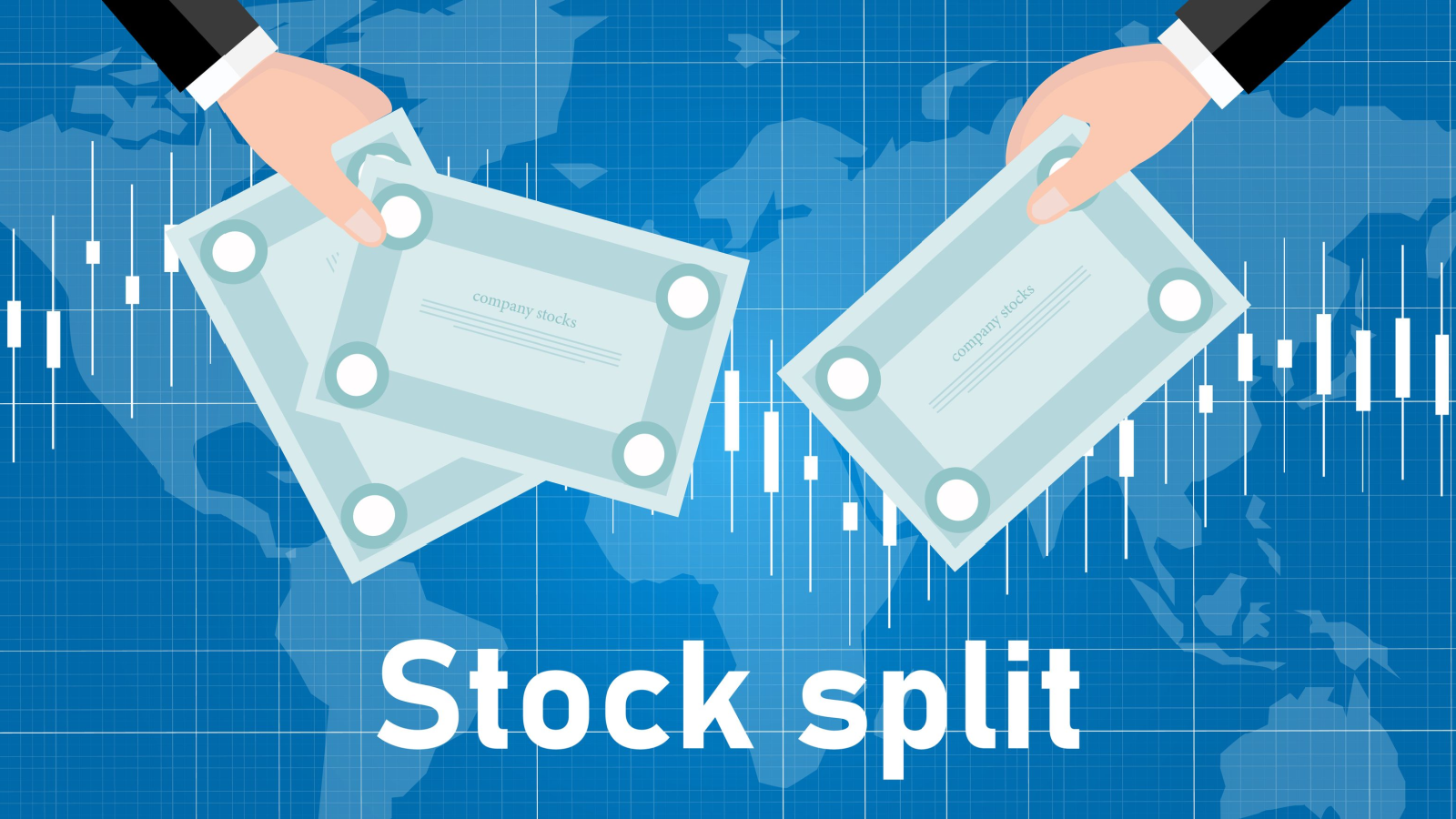On March 19, Chipotle Mexican Grill (NYSE:CMG) announced the first stock split in its history. When it comes to high-priced stocks, they don’t get much higher than Chipotle. It trades a few dollars shy of $3,000, making it one of the most obvious stock-split candidates.
The restaurant chain opted for a 50-to-1 split of its stock. Shareholders will vote on the stock split at its annual meeting on June 6. If approved, shareholders will receive 49 new shares for every share held.
“This is the first stock split in Chipotle’s 30-year history, and we believe this will make our stock more accessible to employees as well as a broader range of investors,” said Jack Hartung, Chief Financial and Administrative Officer, Chipotle. “This split comes at a time when our stock is experiencing an all-time high driven by record revenues, profits, and growth.”
The argument that companies do stock splits when confident about their businesses is accurate.
Here are three other high-priced stocks that stand out as stock-split candidates.
Seaboard Corp (SEB)

Seaboard Corp (NYSEAMERICAN:SEB) is a Kansas-based conglomerate that produces and processes hogs and pork processing in the U.S. Internationally, it focuses on commodity trading and grain processing in Africa and South America. Additionally, Seaboard provides cargo shipping services in the U.S., Caribbean, Central and South America, sugar and alcohol production in Argentina, and electric power generation in the Dominican Republic. It also has a 52.5% equity investment in Butterball, LLC, a producer and processor of turkey products.
Approximately 73% of the company’s shares are held by the Bresky family. Otto Bresky founded the company in 1921 when he acquired Rodney Milling Co. in Kansas City. As a result of the family’s control position, the company’s float is just 256,853 shares or 22% of its 1.16 million outstanding shares.
SEB trades over $3,000 a share. A 30-to-1 stock split would increase the float to 7.7 million, allowing more investors to own a piece of the Butterball turkey and all the company’s other holdings.
Its shares have performed poorly in recent years. They’re down 30% over the past five years. Seaboard could remedy this problem with a higher float.
Coca-Cola Consolidated (COKE)

Coca-Cola Consolidated (NYSE:COKE) is the largest Coca-Cola (NYSE:KO) bottler in the U.S. It has operated for over 120 years. It currently distributes Coca-Cola products and those of its other partner companies across 14 states and the District of Columbia.
The company was founded by J.B. Harrison in 1902. It is currently run by J. Frank Harrison III, J.B.’s great-grandson. The Harrison family controls nearly 71% of the votes while Coca-Cola has 8.7% of the votes.
The company’s float is 5.22 million, or 62% of its 8.4 million shares outstanding. Currently trading around $811, a 10-for-1 split would bring the share price below $100 while increasing the float to 52 million.
This past year was very good for profits. While revenues increased 7.3% in 2023 to $6.65 billion, on lower volumes, its operating income increased by 30.2% to $834.5 million, an operating margin of 12.5%, 220 basis points higher than a year earlier.
You’ll also like the company’s Christian values if you’re a committed Christian. Its letter to shareholders states its purpose is “To honor God in all we do, to serve others, to pursue excellence, and to grow profitably.”
I’m not religious, but those are all worthy pursuits.
Ferrari (RACE)

Ferrari’s (NYSE:RACE) stock is up 629% since it went public in Oct. 2015 at $52 a share.
In 2014, it had revenues of 2.76 billion euros from the shipment of 7,255 vehicles. Revenue was 5.97 billion euros ($6.35 billion) from 13.663 vehicles in 2023.
In early March, Citi analyst Harald Hendrikse downgraded Ferrari shares to sell from hold, citing valuation concerns, although he did raise his target price to $357, $67 below where it’s currently trading.
“‘We cannot value Ferrari at €400,’ wrote the analyst. ‘While we like the quality and long-term growth prospects for Ferrari we are downgrading to a Sell on valuation,’” Barron’s reported the analyst’s comments.
The company’s public float is 121.4 million shares, or approximately 63% of its 193.9 million shares outstanding.
Not everyone can own a Ferrari, but everyone should be able to own shares of the iconic sports car company. An 8-for-1 stock split would reduce its share price to its 2015 IPO price.
On the date of publication, Will Ashworth did not have (either directly or indirectly) any positions in the securities mentioned in this article. The opinions expressed in this article are those of the writer, subject to the InvestorPlace.com Publishing Guidelines.
